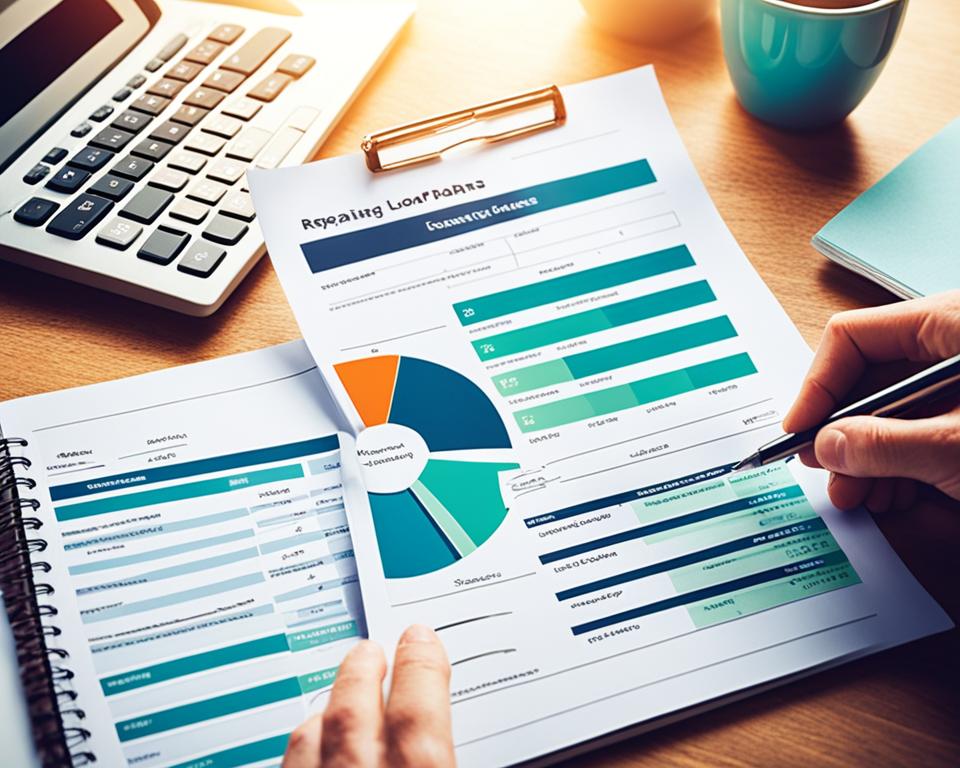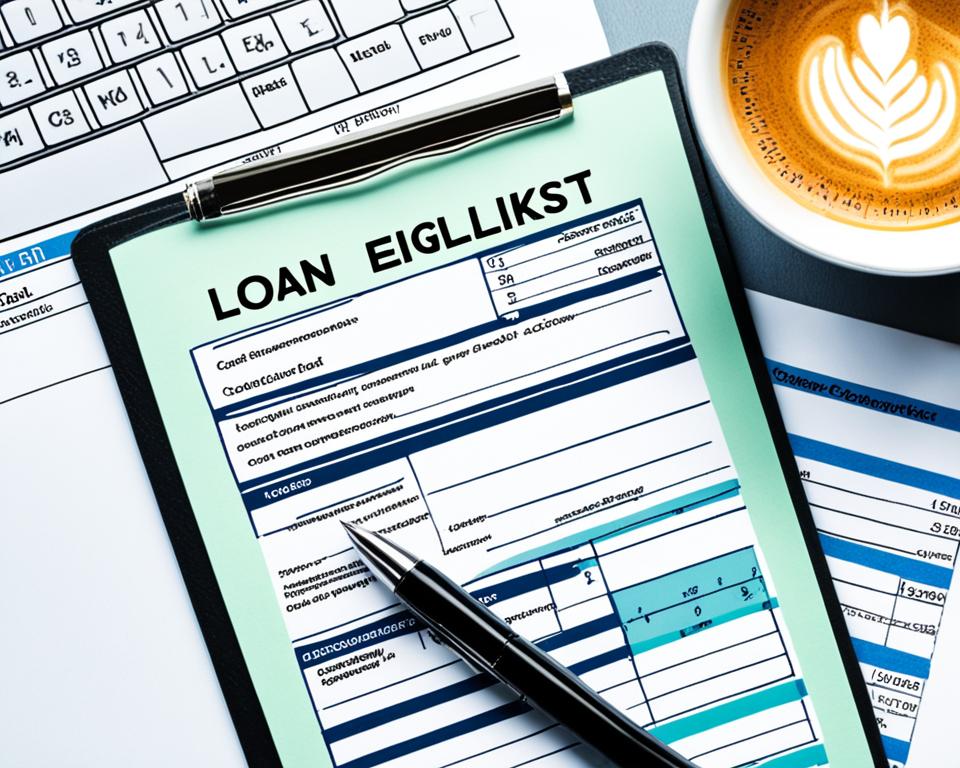Determining Your Budget
Determining your budget is the first step in the home buying process. Before you start looking at potential properties, it’s important to have a clear understanding of your financial situation. Take the time to review your income, expenses, and existing debts to determine how much you can comfortably afford to spend on a home.
Consider all aspects of homeownership, including not just the monthly mortgage payment, but also property taxes, insurance, and any potential maintenance or repairs. It’s crucial to be realistic and conservative in your budgeting, so that you don’t overextend yourself financially. By setting a realistic budget from the start, you can ensure that you are looking at homes that truly fit within your means.
Understanding Your Credit Score
Your credit score plays a vital role in determining your eligibility for a mortgage and the terms you may qualify for. Lenders use this three-digit number to assess your creditworthiness and to predict the level of risk associated with lending you money. The higher your credit score, the more favorable interest rates and loan terms you are likely to receive. On the other hand, a lower credit score may lead to higher interest rates or even difficulties in securing a mortgage.
To understand your credit score better, start by obtaining a copy of your credit report. You are entitled to a free copy of your credit report annually from each of the three major credit bureaus – Equifax, Experian, and TransUnion. Review your report carefully for any inaccuracies or errors that may be negatively impacting your score. Pay close attention to your payment history, outstanding debts, and the length of your credit history. Understanding these factors will help you identify areas for improvement and take necessary steps to boost your credit score before applying for a mortgage.
Saving for a Down Payment
One of the important aspects to consider when planning to buy a home is saving for a down payment. A down payment is a initial payment made towards the purchase of a property, typically a percentage of the total cost. Saving for a down payment can be a challenge, especially if you have other financial commitments or limited disposable income. However, with careful planning and consistent saving, it is possible to reach your down payment goal and make your dream of homeownership a reality.
The first step in saving for a down payment is to set a realistic goal. Determine the price range of the homes you are interested in and calculate the percentage required as a down payment. It is recommended to aim for a down payment of at least 20% of the purchase price, as it allows you to avoid private mortgage insurance (PMI) and may result in a lower monthly mortgage payment. Once you have a clear goal in mind, assess your current financial situation and determine how much you can comfortably save each month. Consider cutting back on unnecessary expenses, creating a budget, and exploring ways to increase your income, such as taking on a part-time job or freelancing. By sticking to your savings plan and staying disciplined, you can steadily build your down payment fund and move closer to becoming a homeowner.
Researching Mortgage Options
When it comes to buying a home, researching mortgage options is a crucial step in the process. After determining your budget and understanding your credit score, it’s time to explore the various mortgage options available to you. This step involves understanding the different types of mortgages, including fixed-rate and adjustable-rate mortgages, as well as the terms and conditions associated with each option. It is essential to research and compare the interest rates, fees, and flexibility of different mortgage products, as this will have a significant impact on your future payments and financial stability. By thoroughly researching mortgage options, you can make an informed decision that aligns with your financial goals and ensures a smooth home buying experience.
In addition to understanding the various mortgage options available, it is also important to consider the reputation and reliability of different lenders. Researching the reputation of potential lenders will give you insight into their customer service, responsiveness, and overall satisfaction level of previous homebuyers. Reading reviews, seeking recommendations from friends and family, and consulting with a reputable mortgage broker can provide valuable information about the experience and track record of different lenders. Taking the time to research mortgage options thoroughly and choose a reliable lender can save you from potential problems in the future and make the mortgage process more streamlined and efficient.
Exploring Neighborhoods and Locations
When searching for a new home, it’s crucial to thoroughly explore the various neighborhoods and locations that are of interest to you. Each area has its own unique character, amenities, and potential perks that can greatly impact your day-to-day life. Start by researching the crime rates and safety of the neighborhoods. This information can be easily found online and can give you an idea of the security of the area. Consider the proximity to schools if you have children or plan on starting a family in the future. Look into the available amenities, such as parks, shopping centers, restaurants, and entertainment options, to ensure that the neighborhood provides the lifestyle you desire.
Furthermore, take into account the accessibility and convenience of the neighborhood’s location. Consider factors such as commute times to work, proximity to major highways or public transportation, and the availability of essential services like hospitals and grocery stores. Additionally, take the time to visit the neighborhoods in person. Walk around, explore the local attractions, and get a feel for the overall ambiance and atmosphere. Engaging with the locals and potential neighbors can provide valuable insights into the community and its sense of community. Taking the time to thoroughly research and explore neighborhoods and locations can help you find a place that truly feels like home.
Considering Future Needs
When considering future needs, it is important to think long-term and anticipate any potential changes that may occur in your life. One important aspect to consider is the size of the home. If you are planning on starting a family or if your family size is likely to increase in the future, it is essential to choose a home that can comfortably accommodate everyone.
Additionally, it is important to think about the layout and design of the home. Consider whether the current floor plan meets your needs and if it can be easily modified to suit any future requirements. For example, if you anticipate needing a home office or a dedicated space for hobbies or activities, make sure the home you choose has the potential to accommodate these needs. Thinking ahead and being proactive in considering future needs can save you both time and money in the long run.
Obtaining Pre-Approval for a Mortgage
One crucial step in the home buying process is obtaining pre-approval for a mortgage. This step involves getting a letter from a lender that states the maximum amount of money they are willing to lend you for the purchase of a home. Pre-approval gives you a clear idea of your budget and allows you to search for homes that are within your price range. It also shows sellers that you are a serious buyer and can give you an advantage in a competitive housing market. Being pre-approved for a mortgage can streamline the buying process and give you confidence in making an offer on your dream home.
To obtain pre-approval, you will need to provide the lender with various financial documents such as pay stubs, tax returns, and bank statements. They will review your income, debts, and credit history to determine the loan amount you qualify for. Keep in mind that pre-approval is different from pre-qualification, which is a basic assessment of your financial situation. Pre-approval carries more weight as it involves a more detailed analysis of your finances. It is important to understand the terms and conditions of the pre-approval letter, such as the interest rate and duration of the loan. With pre-approval in hand, you will have a better understanding of your purchasing power and can confidently begin your home search.
Reviewing the Home Inspection Process
During the home buying process, one crucial step is to review the home inspection report. This report provides detailed information about the condition of the property and any potential issues or repairs needed. It is important to carefully examine the report and understand its implications before making any final decisions.
The home inspection report typically includes observations and findings about the structural integrity, electrical and plumbing systems, heating and cooling systems, as well as the overall condition of the property. It may also highlight any safety concerns or code violations. Taking the time to thoroughly go through the report will help you assess the level of repairs or maintenance required and evaluate whether the property is suitable for your needs. It is advisable to seek professional advice or consult with a contractor if you are unsure about any of the findings in the report.
Evaluating Homeowner’s Insurance Options
When purchasing a home, one crucial aspect to consider is homeowner’s insurance. This type of insurance provides financial protection against damage to the property, as well as liability coverage for accidents that may occur within the premises. Evaluating homeowner’s insurance options allows homeowners to choose the right policy that suits their needs and provides adequate coverage.
To begin evaluating homeowner’s insurance options, it is important to understand the coverage that each policy offers. Homeowner’s insurance typically covers damage caused by hazards such as fire, theft, vandalism, and natural disasters like hurricanes or earthquakes. Additionally, liability coverage protects homeowners in case someone is injured on their property and seeks compensation. By carefully reviewing the coverage details of various insurance policies, homeowners can ensure that they select the one that best fits their specific needs and offers comprehensive protection for their investment.
Preparing for the Closing Process
In the final stages of buying a home, there are several important steps to take in preparation for the closing process. One crucial aspect is ensuring that all necessary documents are in order. This includes gathering documents such as proof of homeowners insurance, a copy of the sales contract, and any relevant inspection reports. Organizing these documents beforehand will help streamline the closing process and ensure a smooth transition to becoming a homeowner.
Additionally, it is important to stay in close communication with your real estate agent and lender during this time. They will guide you through the necessary steps and ensure that all necessary paperwork and financial aspects are taken care of. It is also essential to carefully review all closing documents before signing to ensure they align with the agreed-upon terms. By being proactive and thorough in this stage of the home buying process, you can minimize any potential roadblocks and smoothly proceed to the final stages of becoming a homeowner.




